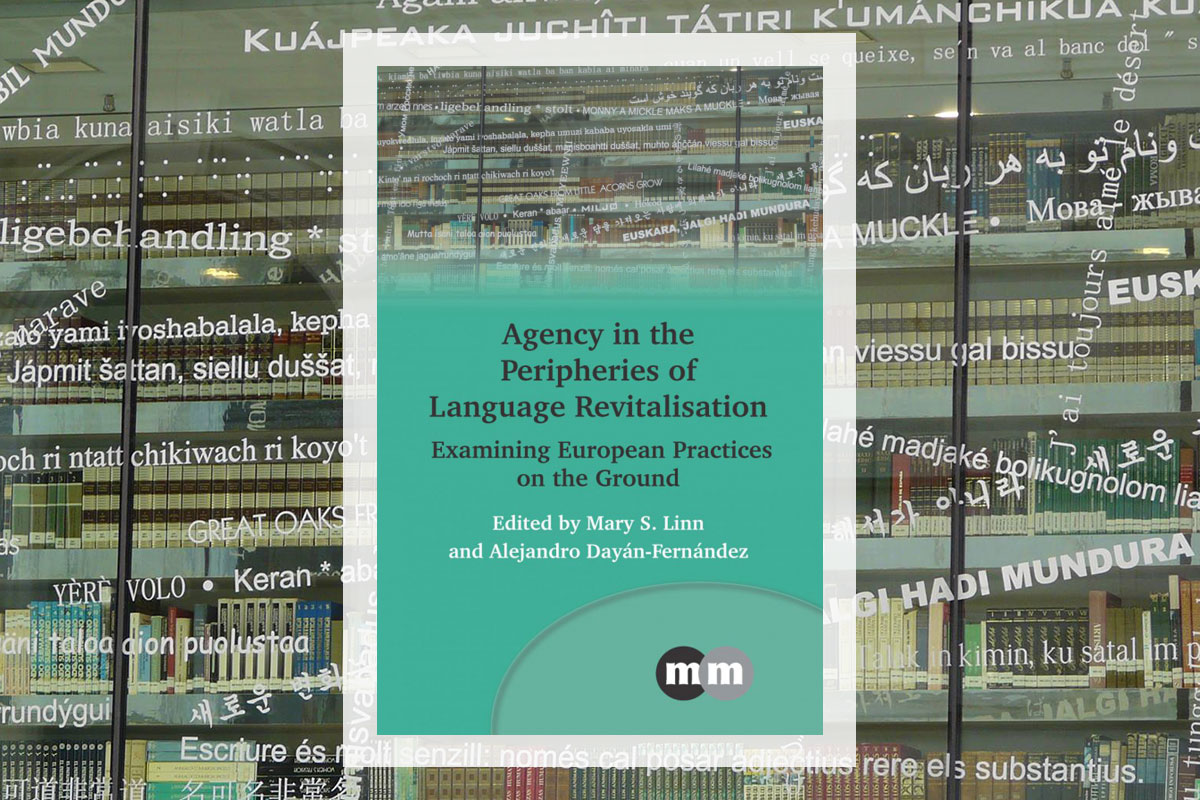In March, the U.K.-based publisher Multilingual Matters released Agency on the Peripheries of Language Revitalisation: Examining European Practices on the Ground, the culmination of a five-year research project at the Center for Folklife and Cultural Heritage. This volume, available in print and as a free e-book, was edited by Mary Linn, our curator of language and cultural vitality, and Alejandro Dáyan-Fernández, a project collaborator at the University of Glasgow.
The Sustaining Minoritized Languages of Europe (SMiLE) project began in 2015, when the Center received a generous award from Ferring Pharmaceuticals. Linn and an advisory board hired thirteen fellows from seven regions to produce modern case studies of how their language communities increase motivation and engagement with language and cultural heritage. The research phase included an international gathering with experts in European language revitalization, site visits to six of the communities, three workshops among the fellows to discuss issues and outcome, multiple conference talks, and editing and publishing the final case studies.
At the last workshop, the research group decided to look more deeply at who the major players are in language revitalization today. The new book is the result of this deep dive. Its chapters highlight the power of parents taking control of their children’s education in urban settings, young people navigating the choices of their elders, and students running a café in Toulouse, among others who take control—or gain agency—over the future of their languages. The book also contains commentary from three highly influential people in language revitalization practice and theory who were advisors on the project: Tadhg Ó hIfearnáin (University of Galway), Lenore Grenoble (University of Chicago), and James Costa (Sorbonne University).
The case studies and chapters cover:
- Oidhreacht Chorca Dhuibhne, a community organization in Ireland
- Semente, a grassroots organization in Galicia
- North Frisian in Germany
- Upper and Lower Sorbian communities in Germany
- Griko and Greko, two Greek languages spoken for hundreds of years in Italy
- Occitan language in the newly formed Occitanie province in France
Although the case studies are situated in Europe, the questions they asked of language practitioners and their finding are helpful to language initiatives everywhere. The book is completely open access, allowing community language practitioners to read it for free.
One reviewer writes, “This cutting-edge book shows the complexity of the notion of agency and the potential of ‘peripheries’ as creative hubs of language diversity, affirming that it is indeed possible to challenge the homogenizing legacy of nation states.”
A longer history of the project and information on each of the communities, along with the seven case studies and other materials, can be found on the SMiLE project page.


